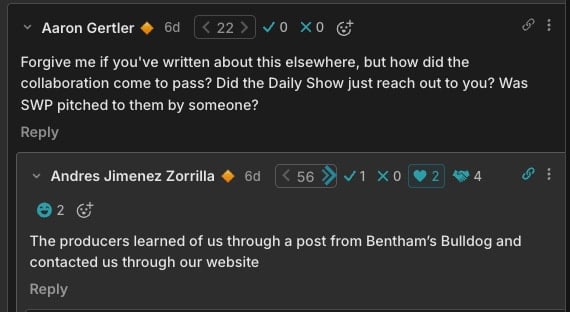The CEA Events Team is currently hiring for several positions, all of which can be either remote or Oxford-based:
- Project Manager (Apply by April 8th): You’ll collaborate with experts and provide end-to-end event support to make events happen that could be valuable for making progress in their fields, and which might not happen otherwise.
- Events Associate (Apply by April 8th): You’ll support the planning and execution of our events and play a key role in enhancing their impact.
- Events Generalist (expression of interest): Join our team and support our expanding portfolio of events through work on admissions, content, event design, production, or volunteer management.
You can apply for the Project Manager and Events Associate positions with the same application. If you apply for either of these roles, we will also consider that an expression of interest for the generalist role.
We’re looking for people who share our values of earnest ambition, independent motivation, and interest in altruistic impact. You should also have:
- A strong alignment with and understanding of effective altruism and its principles.
- A keen eye for detail, quality, and efficiency.
- The ability to juggle multiple tasks and deadlines.
- A collaborative and supportive mindset, and the ability to communicate clearly and respectfully with a diverse range of stakeholders.
- A growth-oriented and flexible attitude, and the willingness to learn from feedback and adapt to changing circumstances.
Experience running events or large projects is also preferred, but it’s not a requirement. A lot of us joined the events team without experience running events.
Why join the events team?
Our analyses[1] and the data collected by our partners and funders suggest that our events help attendees create high-impact connections: they find future mentors, employers, donors, and collaborators. Events can also help people learn about ideas, improve their plans, and coordinate with each other.
The two open roles are on our Partner Events team. This team organizes events for key stakeholders in the EA community and adjacent communities, with a focus on people working on AI safety and other existential risks from other emerging technologies.
Since early 2023, the Partner Events team has run two Summits on Existential Security and one Meta Coordination Forum, and collaborated with external partners to run an Effective Giving Summit, an Existential InfoSec Forum, and other AI-safety or biosecurity-focused events.
Attendees at these events regularly report that participating in our events has improved counterfactual outcomes for critical projects; we’ve learned of attendees taking senior roles at AI safety organizations, attracting significant fundraising, founding new organizations, and making major updates to their work as a result of attending events led by the Partner Events team.
Our culture
We have an energetic, excitable, and collaborative team culture. We help people play to their strengths by trusting them, empowering them, sharing honest feedback, and we openly reflect on how to improve and support each other. Most of us work together from the same room in our Oxford office, though some people work remotely.
You can read a bit more about what it’s like to work on the events team, and the benefits of doing so, in Michel’s recent post.
Why should you not join the events team?
- We’re often sprinting towards rigid event deadlines, which doesn’t match everyone’s preferences for when and how much to work.
- We often have to work based on informed guesswork (i.e. if you have trouble proceeding without certainty you might end up second-guessing yourself a lot).
- Our work also has a repetitive cadence. Often, our team will start working on the early stages of the next event before finishing the upcoming event.
- There’s a lot of international travel, which isn’t well suited to some people.
- We have some roles that require an odd assortment of not-very-correlated skills that are hard to describe and test for.
If you’re uncertain about whether to apply, please apply. We’ve hired people with a wide range of backgrounds and experience (including people with little to no professional experience) and it’s often hard to predict who will excel at the work we do and in the environment we work in. Our team is very happy to answer any questions in the comments, or you can contact us at eventsteam@centreforeffectivealtruism.org.




How come this was only posted with five days notice?
Sorry about this. It takes time to go back and forth internally with the team to write posts like this, to get them cleared and checked by various people but I think it's fair criticism that we ought to have gotten our act together sooner!